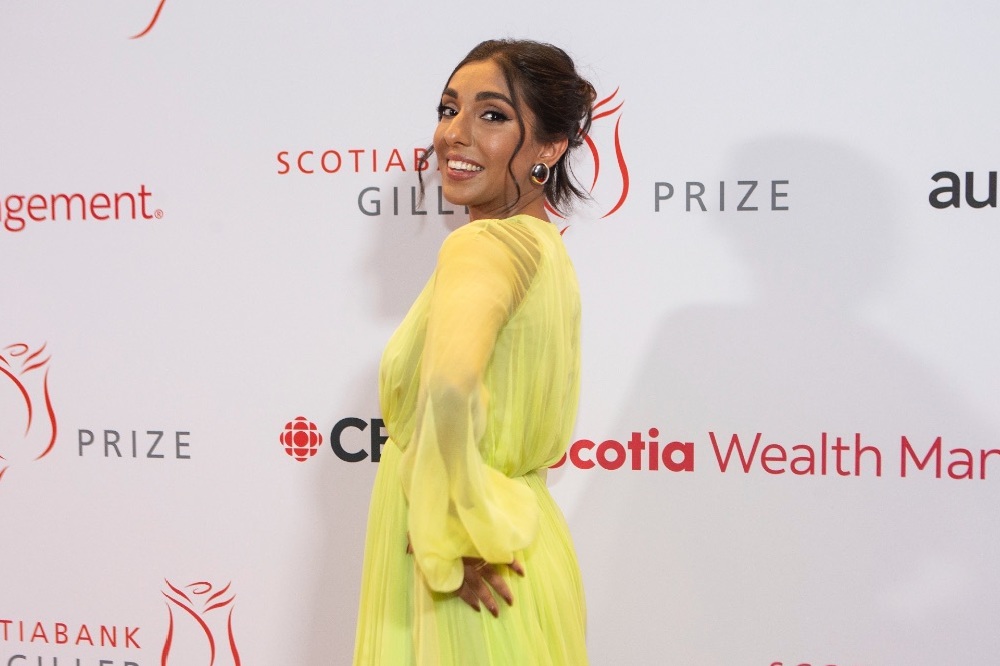As part of World Poetry Day, we are examining the works of the top eight female poets of literary history and why their contributions are of such importance.
Sappho (c. 630 BC - c. 570 BC)
Most famous poem: Ode to Aphrodite
This archaic Greek figure wrote lyric poetry in her time, though sadly a huge amount of her work is lost. Only one poem of hers exists in its complete form: Ode to Aphrodite. Her writings on love between women gave rise to the modern English words “sapphic” and “lesbian” - the latter coming from her home island of Lesbos.
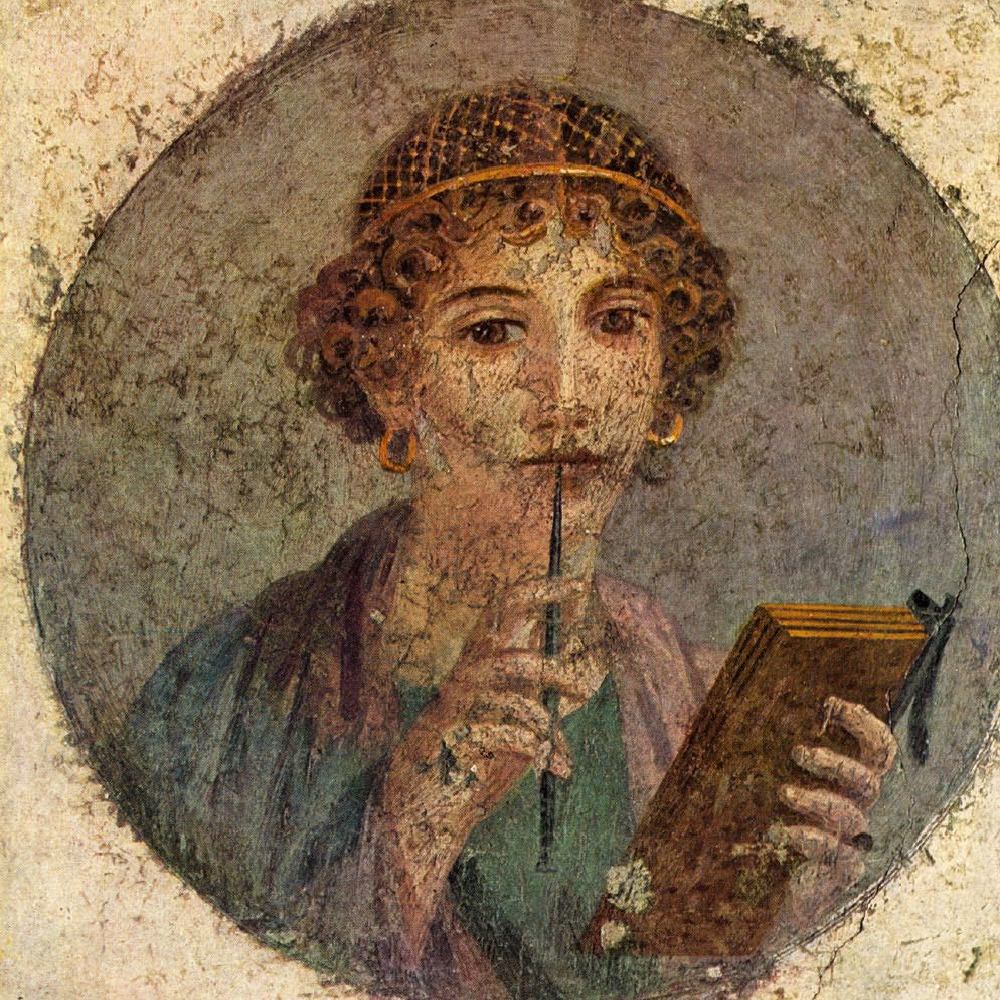
Elizabeth Barrett Browning (1806 - 1861)
Most famous poem: How Do I Love Thee?
One of the most important poets of the Victorian era, Elizabeth Barrett Browning proved quite the competition for Lord Tennyson in his would-be tenure of Poet Laureate following the death of Wordsworth. “How do I love thee? Let me count the ways” is one of the most recognisable lines in literary history. She went on to wed Robert Browning.
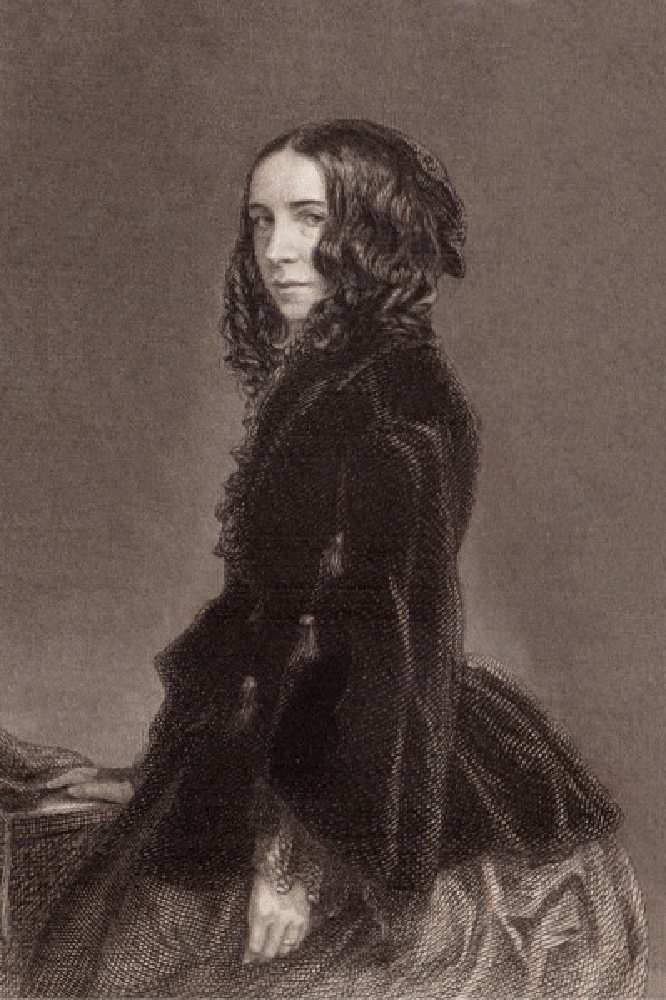
Emily Dickinson (1830 - 1886)
Most famous poem: I'm Nobody! Who are you?
Emily Dickinson is without a doubt one of America’s finest poets. She’s perhaps most known for her poems featuring themes of death and immortality, and while she was an exceptionally prolific writer, only ten of her poems were published in her lifetime. After her death, her sister and acquaintances brought the rest of her work into the public eye.
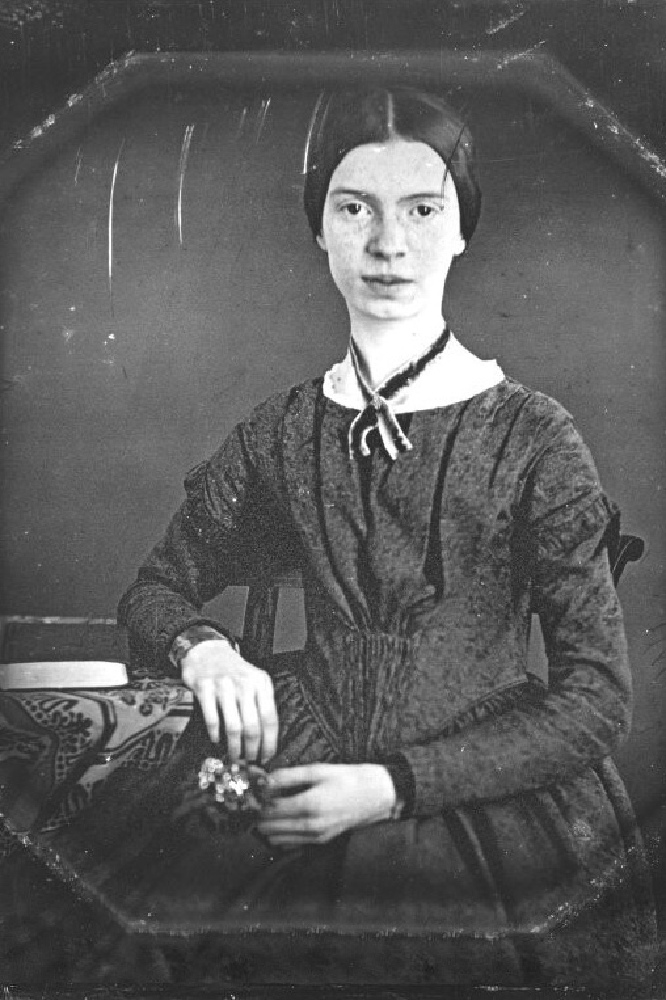
Maya Angelou (1928 - 2014)
Most famous poem: On the Pulse of Morning
While she’s underappreciated for her poetry compared with her prose (such as I Know Why the Caged Bird Sings), Maya Angelous is still often considered the unofficial black woman’s poet laureate. During her lifetime, her poetry was more popular as spoken word pieces rather than written, which may have contributed to her lack of critical acclaim. Still, she performed her poem On the Pulse of Morning at the inauguration of President Bill Clinton in 1993.
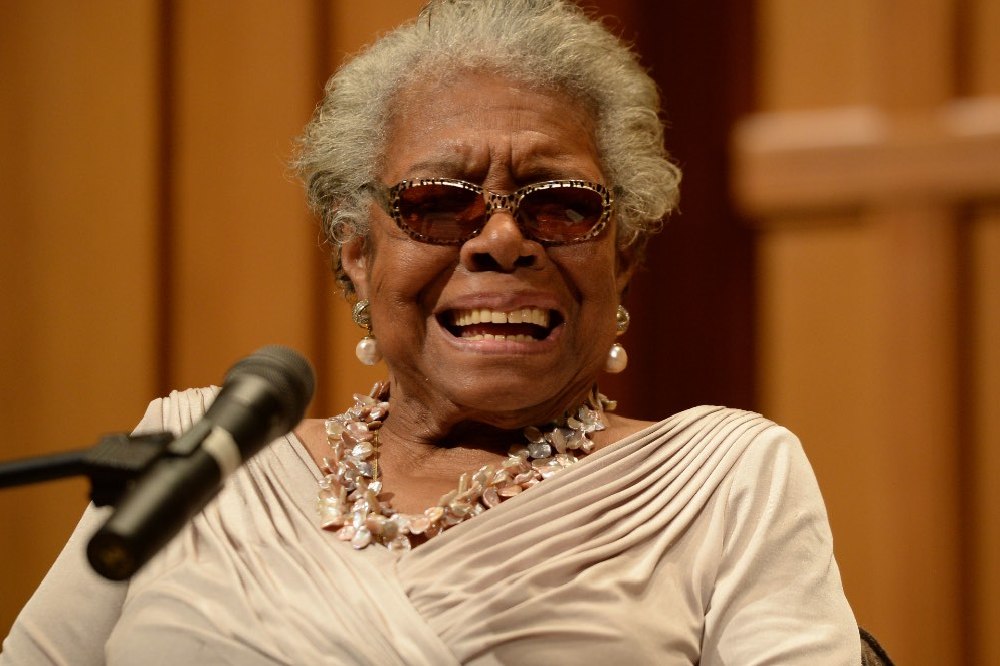
Sylvia Plath (1932 - 1963)
Most famous poem: Daddy
Being married to a hugely acclaimed poet like Ted Hughes was bound to propel Sylvia Plath to success, but her poetry is generally appreciated in and of itself and not just as a piggy-back on a more famous name. She received a Pulitzer Prize in Poetry following her suicide, and she only published one volume of poetry during her lifetime entitled The Colossus and Other Poems.
Audre Lorde (1934 - 1992)
Most famous poem: Coal
An iconic name in feminism, civil rights and LGBTQ+ activism, Audre Lorde wrote poetry largely thematic of social justice. She was nominated for the National Book Award for poetry in 1973, but it was her collection Coal that was published under a major publishing company. The titular poem is a free-verse piece which focuses on this idea of the duality between a piece of coal and a diamond; an idea recurrent in that poetry collection.
MORE: Women’s Prize for Fiction: The Sentence and Salt Lick among most haunting titles on 2022’s longlist
Carol Ann Duffy (1955 - present)
Most famous poem: Mean Time
The UK’s Poet Laureate between 2009 and 2019, following the death of Ted Hughes, Carol Ann Duffy is a Scottish poet whose work on oppression, gender, and violence has made her a favourite among schools for English literature studies. Her collections are numerous, and she has won multiple awards over the years including the T S Eliot Prize, the Dylan Thomas Prize and a Whitbread Award.
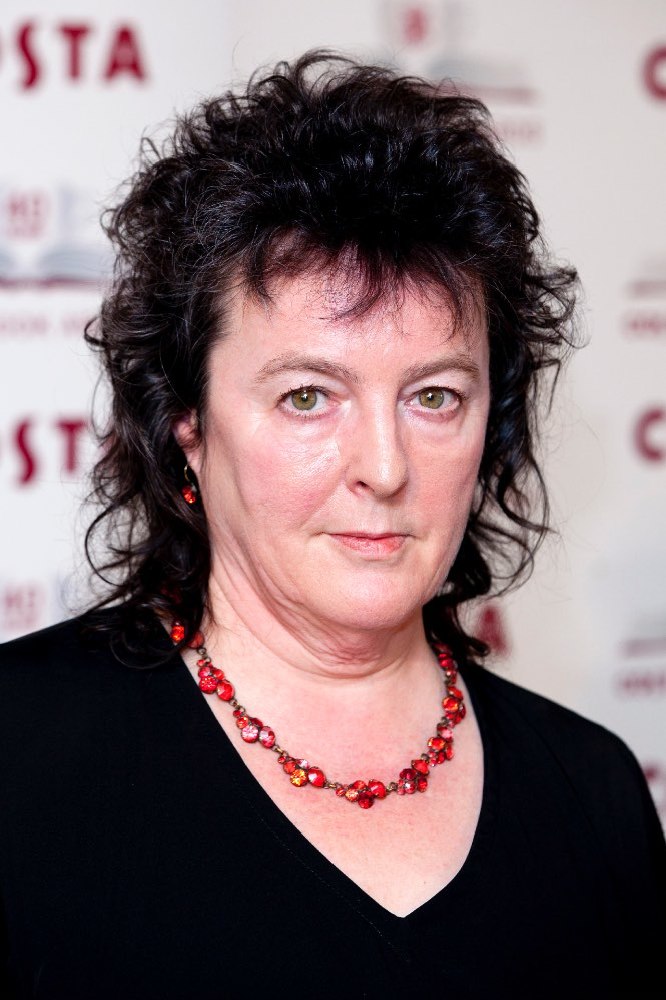
Rupi Kaur (1992 - present)
Most famous poetry collection: Milk and Honey
Indian born Rupi Kaur became a huge hit via Instagram in 2015, but the nature of her poetry means that it’s hard to exactly pinpoint specific poems of note. Her debut collection Milk and Honey is split into sections, though the poems don’t really have titles and some are just two or three lines in length. Still, she has been praised for her honesty and has been credited with getting young people interested in poetry.
